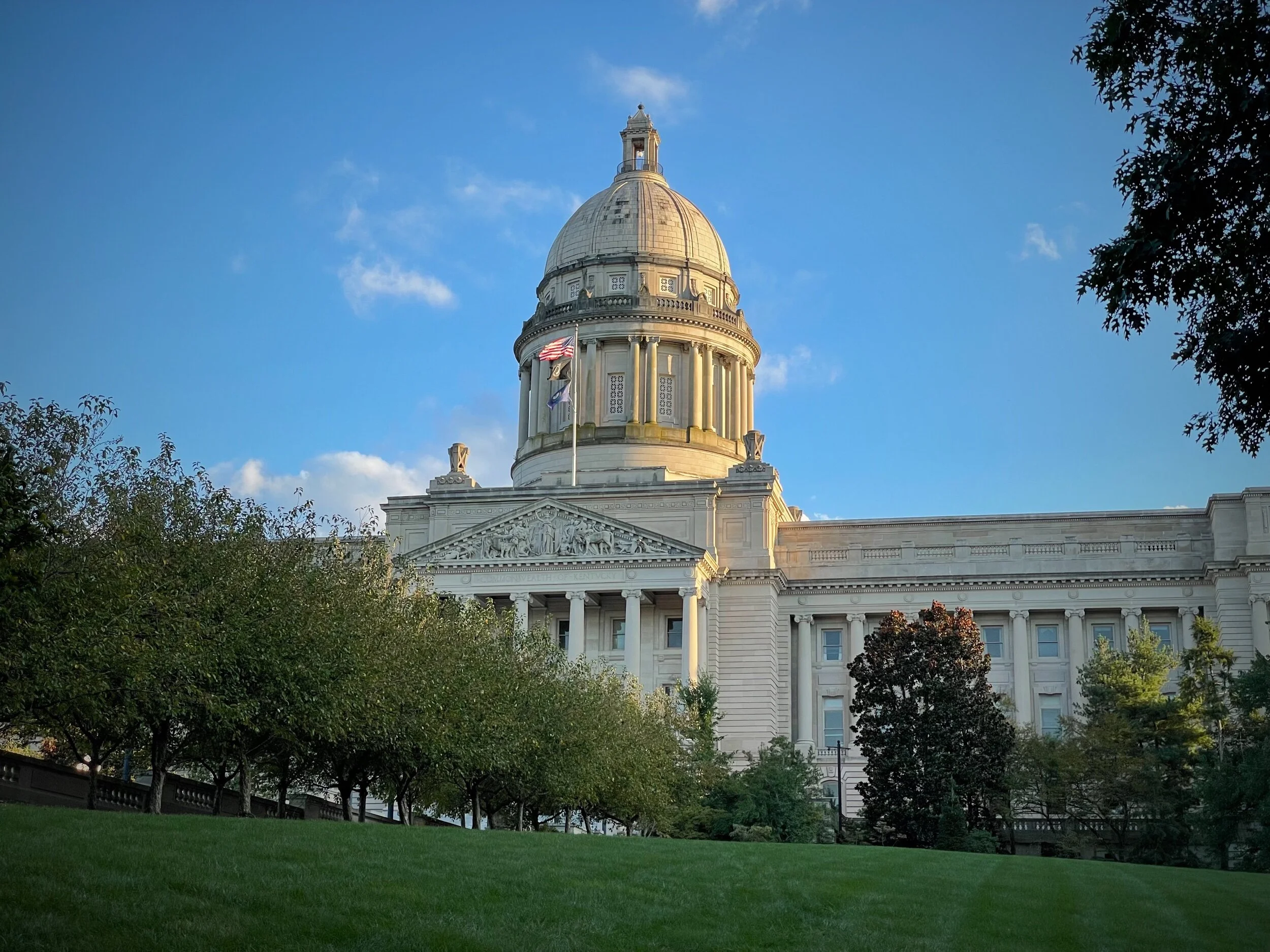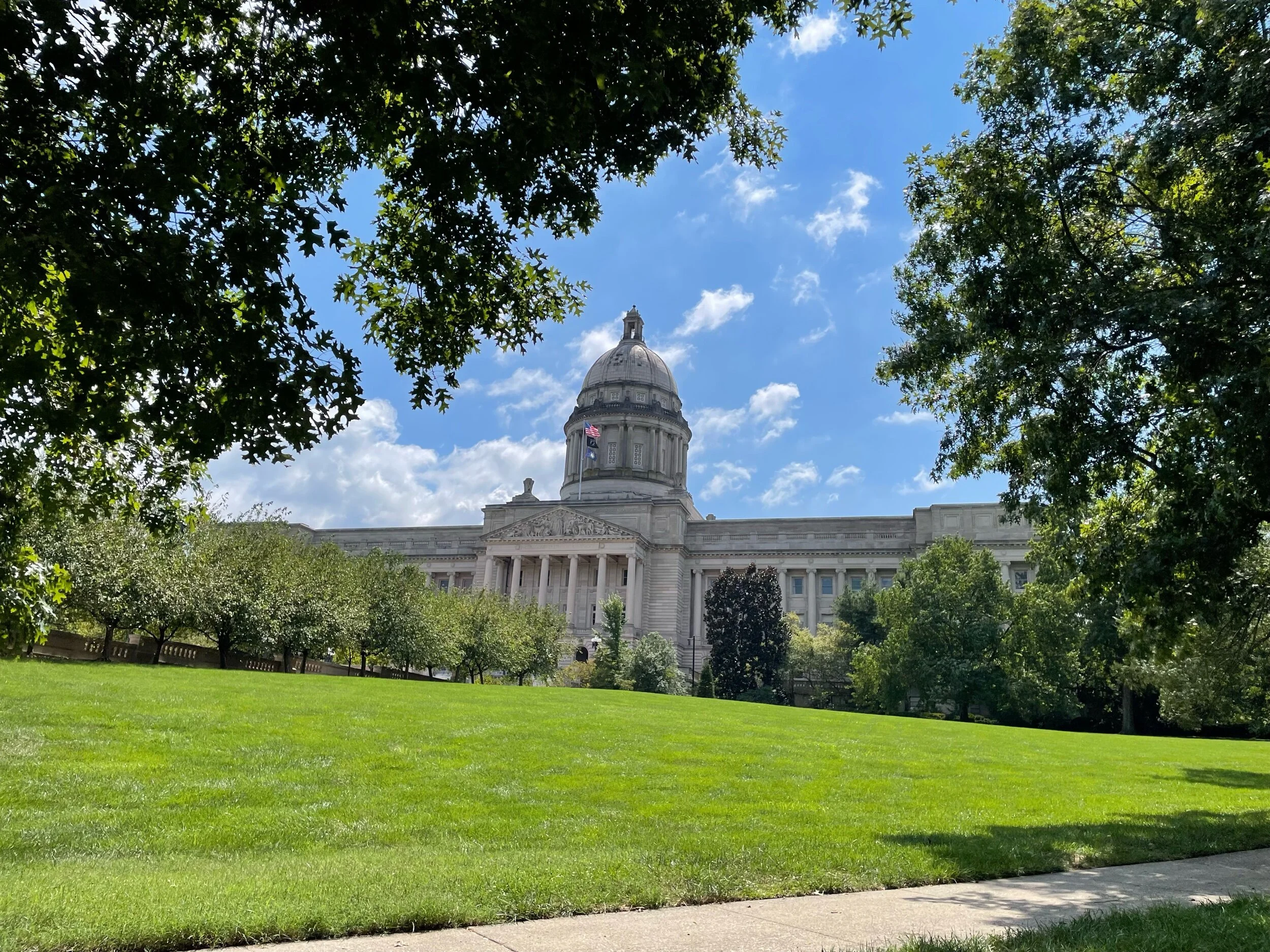The Kentucky General Assembly utilized its authority to shape the state’s response to the pandemic during a three-day extraordinary, or “special,” session ending just before midnight on Thursday, September 9. Upon the Governor’s call for a session, we passed bills in both the House and Senate dealing with many aspects of the COVID-19 pandemic ranging from education to public health to boards and commissions. While no action taken during the pandemic will enjoy universal support, republican supermajorities took a balanced approach by focusing on public health, individual liberties, and localized control.
Recently, the Kentucky Supreme Court ruled that a lower court incorrectly blocked laws passed during the 2021 Regular Session that sought to reasonably limit emergency executive authority. With that, the legislature used this special session to extend some emergency executive actions and eliminate others. New COVID-19 mitigation strategies were also considered to provide relief to institutions strained by the pandemic, including schools, hospitals, businesses, and nursing homes.
Senate Joint Resolution 1 extended specific executive orders, regulations, and other actions. Of particular note is that we did not implement or permit the Governor to issue a statewide mask mandate. For the purposes of federal funding and other regulations that we viewed as essential, we allowed the state of emergency to remain in effect until January 15, 2022. Also, for the purpose of transparency, we are requiring the Governor and state agencies to put all action taken and permitted under this resolution to be posted in a consolidated format on the Secretary of State’s website.
Senate Bill 1 (SB 1) reaffirmed that there would be no statewide mask mandate in schools but instead left that decision to the local school boards. The goals of SB 1 are to prioritize in-person learning, stabilizing school funding, assist with staff shortages, and create conditions for state and local health departments to support local school districts with their COVID-19 mitigation plans based on their own local data and needs.
Under this legislation, the Kentucky Department of Public Health (DPH) would develop a “test-to-stay” model for school districts to minimize quarantining for non-symptomatic students and staff, encouraging students to be in the classroom as much as possible. Additional language in SB 1 provides that the DPH shall assist local school districts in implementing their board-approved COVID-19 plans, whether it concerns a test-to-stay method, masking guidelines, contact tracing, or quarantining.
In consultation with the Governors’ office and the Kentucky Department of Education, we allowed 20 days of remote instruction. Not to be mistaken as Non-Traditional Instruction (NTI) days, these remote learning days are only permissible for a classroom or school, not an entire district. The intent is to allow room for a targeted response in the event of virus exposure. In light of critical staffing shortages, SB 1 will make it easier for retired teachers to return to the classroom, in some cases as soon as 30 days after retiring. It also provides temporary revisions for the hiring of substitute teachers, background checks, and school schedules.
Senate Bill 2 concerns one of the most heartbreaking parts of the pandemic, establishing safety protocols for loved ones to visit family members in long-term care facilities. This bill defines criteria for a family or friend to be designated as an essential, compassionate caregiver. SB 2 also encourages vaccinations, COVID-19 testing, and greater access to monoclonal antibody treatments, such as Regeneron.
A provision of SB 2 provides assistance for health care providers, jails, prisons, homeless shelters, and local health departments in acquiring COVID-19 tests. Another provision will allow paramedics to work in hospitals to help relieve a provider shortage.
Senate Bill 3 will redirect more than $69 million from the federal American Rescue Plan Act to the Kentucky Cabinet for Health & Family Services. The money was left over from the repayment of a federal loan to Kentucky’s Unemployment Insurance Trust Fund that was taken out to cover a surge of pandemic-related unemployment claims.
The money will help health care providers, schools, and others implement provisions of SB 1 and SB 2. These include purchasing COVID-19 tests, establishing regional monoclonal antibody treatment centers, and test-to-stay programs in schools.
Senate Bill 5, wholly unrelated to the pandemic, was an economic development incentive bill requested by the Governor and the Economic Development cabinet to only apply to projects over $2 billion. It will utilize existing programs, however, these incentives will be paid out over time to ensure any project meets the required job and wage targets. Some incentives will be in the form of forgivable loans.
Kentucky is in the running for at least one mega project eyeing Hardin County. Language within SB 5 can be compared to state economic development incentives the General Assembly passed in the late ‘80s, which brought Toyota’s first American assembly plant to Georgetown. It is now the world’s largest Toyota manufacturing facility where the Lexus ES350, Avalon, Camry and some hybrid counterparts are assembled.
SB 3 and SB 5 were signed by the Governor, and vetoes of SB 1 and SB 2 were swiftly overridden. Each bill contained an emergency clause, meaning they became law immediately upon the Governor’s signature or upon the veto override.
The legislative process is more challenging and sometimes more cumbersome by design. We are obligated to debate and question, ensuring that the voices of every corner of Kentucky are being heard and given consideration rather than being summarily dismissed by a governor whose actions have been consistently inequitable and unconstitutional. We strive to stabilize the system, and this new legislation is an attempt to do so during these unprecedented times. The General Assembly still faces serious budget and policy decisions in the upcoming 2022 Regular Session. Still, we will remain dedicated to finding the best legislative course of action for citizens across the Commonwealth as we continue to navigate the pandemic.
Thank you for your questions and concerns. I hope you will remain engaged with legislative happenings for the remainder of the interim by visiting www.Legislature.ky.gov or www.KET.org/legislature. It is an honor to serve you in Frankfort.




